Over the course of a week, medical providers likely see countless patients, each with unique health conditions and concerns. A clear understanding of each patient’s health history and symptoms is needed to deliver the highest quality of care, which is why having a detailed patient history is so important.
No matter a provider’s medical specialty, they ask patients specific questions to gather pertinent details about their needs and symptoms. This information is a valuable resource to help design a plan that addresses each person’s unique health concerns.
Using medical history forms to improve care
Asking a patient to complete a medical history form is an effective way to develop a clearer picture of their health. The information patients provide their healthcare providers through this form can shed light on the person’s overall well-being, helping guide each doctor in determining potential risk factors and treatment options.
When healthcare providers meet with multiple patients each day, they probably ask many of the same questions over and over again. That’s basically what a well-designed medical history form can do — collect this information before a face-to-face conversation with a patient.
Here are some important areas an effective medical history form should cover:
- Patient contact information
- Age and gender
- History of surgeries and treatments
- Previous tests and scans
- Dates and timeline of symptoms
- Family medical history
- Past diseases and illnesses
- Known allergies
- Medication usage
- Drug history
- Habits and social history
- Use of medical devices
- Patient questions and feedback
- Other doctors or healthcare providers
While a medical history form isn’t going to give the whole picture of a patient’s condition, it will provide a good starting point for a conversation with the patient.
Taking a patient history
Most medical providers don’t have enough time in the day to spend hours with each patient. For years, medical offices have been using paper-based forms to collect patient information before an appointment. But these systems require a lot of filing space, and they can delay appointment times when patients don’t arrive early enough to fill out their paperwork.
Instead, consider gathering medical history from each patient using online forms. When patients fill out these forms online, getting them in to see the doctor once they arrive at the office is much easier and faster. Plus, patients appreciate the flexibility online forms provide them — they can complete their medical history forms at their convenience.
A medical history form should include most or all of the questions a provider would ask if they had unlimited time to talk with a patient. And those questions should be phrased in a way that’s similar to the questions asked during an appointment. Adding these questions to a patient history form will allow providers to maximize the time they have with their patients.
Using a HIPAA-friendly form builder for medical providers
Maintaining patient privacy is a necessity for healthcare providers. When they discuss, collect, or store protected health information (PHI), they must follow specific security and privacy requirements to safeguard this information. In the United States, the Health Insurance Portability and Accountability Act of 1996 (known as HIPAA) requires medical providers to comply with specific security standards.
The good news is that HIPAA-friendly solutions are available through Jotform. If you’re in the healthcare industry and need to collect patient information, check out these premade medical form templates. These tools make it easier to meet features that help with HIPAA compliance, ensuring private, safe solutions for PHI.
These patient medical history form templates are also easy to customize, giving you complete control over what kind of information you collect from each patient. Evaluate the unique needs of your medical practice, then create the forms to match your requirements.
It’s simple to get started: Pick a template, add your patient history questions, then provide each patient with the link. Ask the patient to fill out the form before their appointment so you can review the submission at your convenience. Not only are these forms easy to use, but you can collect, sort, and analyze information in Jotform Tables.
Taking patient history through online forms helps to streamline processes and optimize the services medical practices provide each patient. Ultimately, the goal is to collect relevant patient details to offer an accurate diagnosis and effective treatment plan.


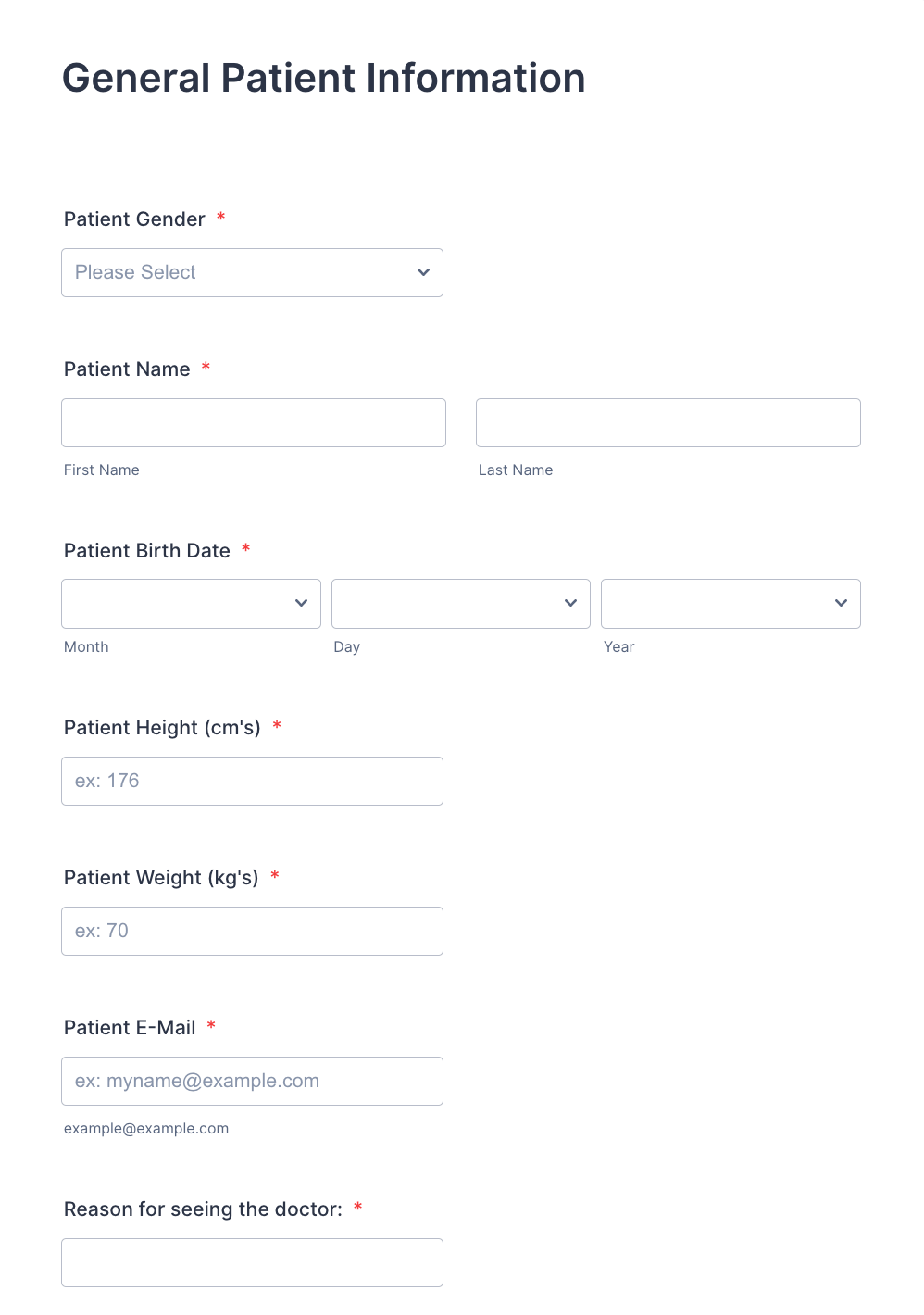


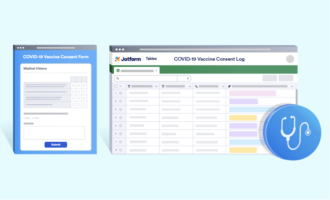

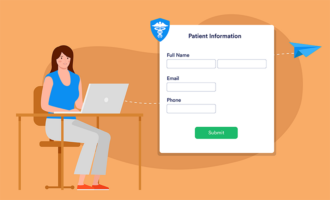

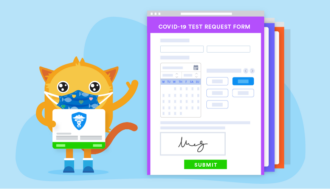






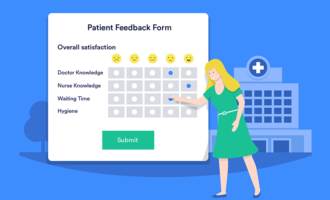






















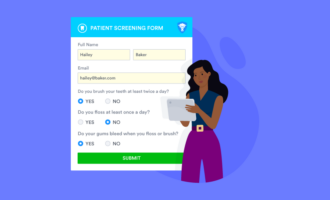






















































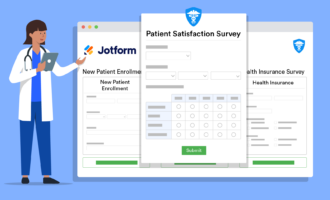


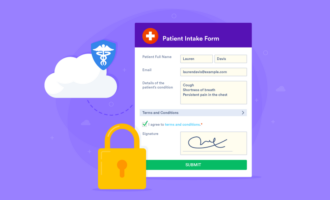


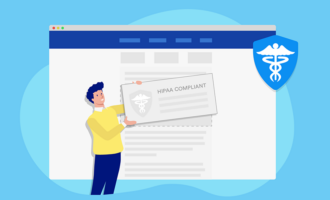



Send Comment: